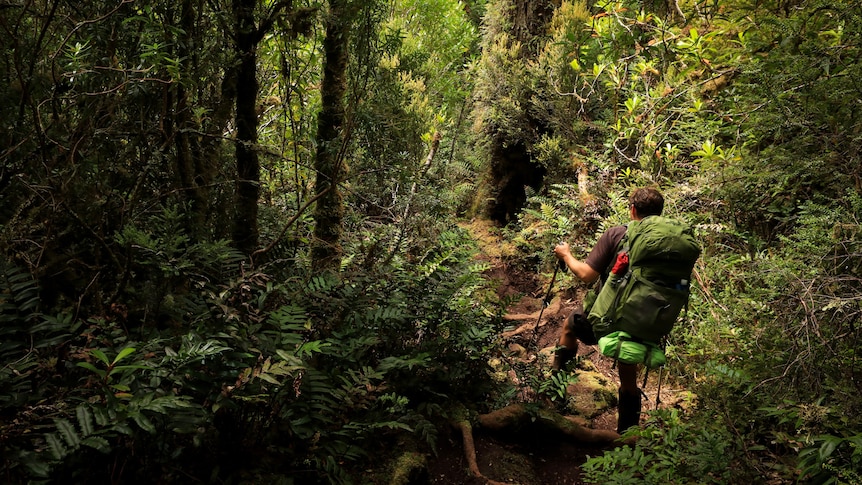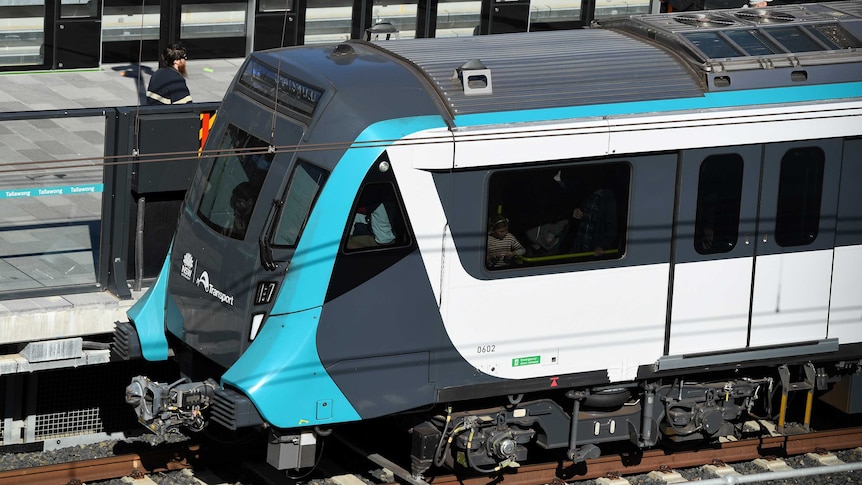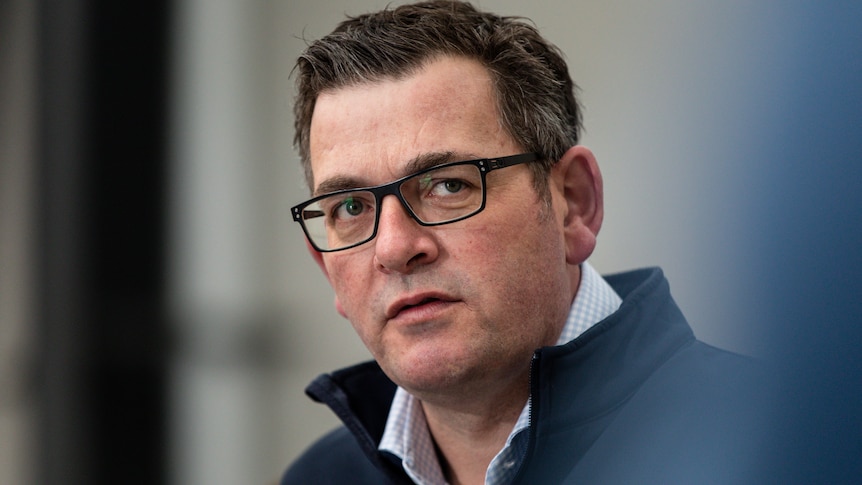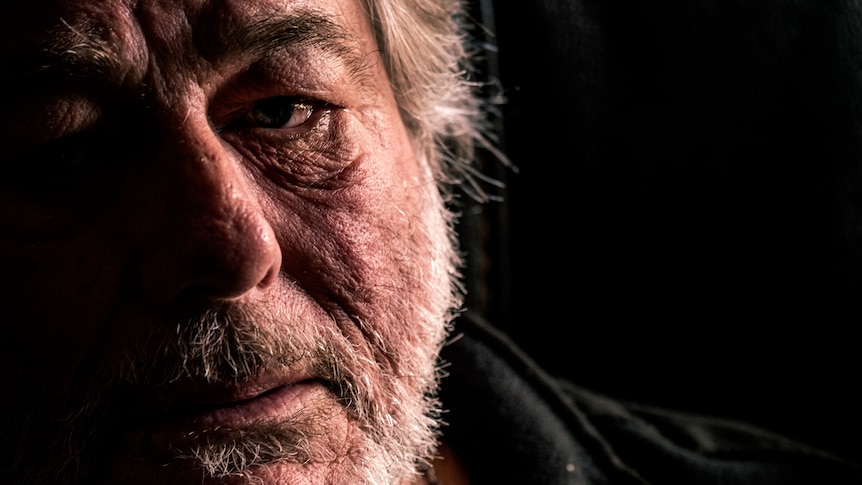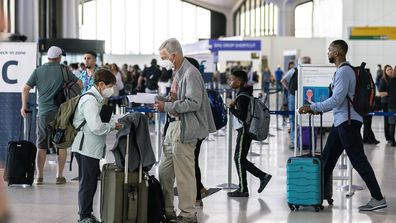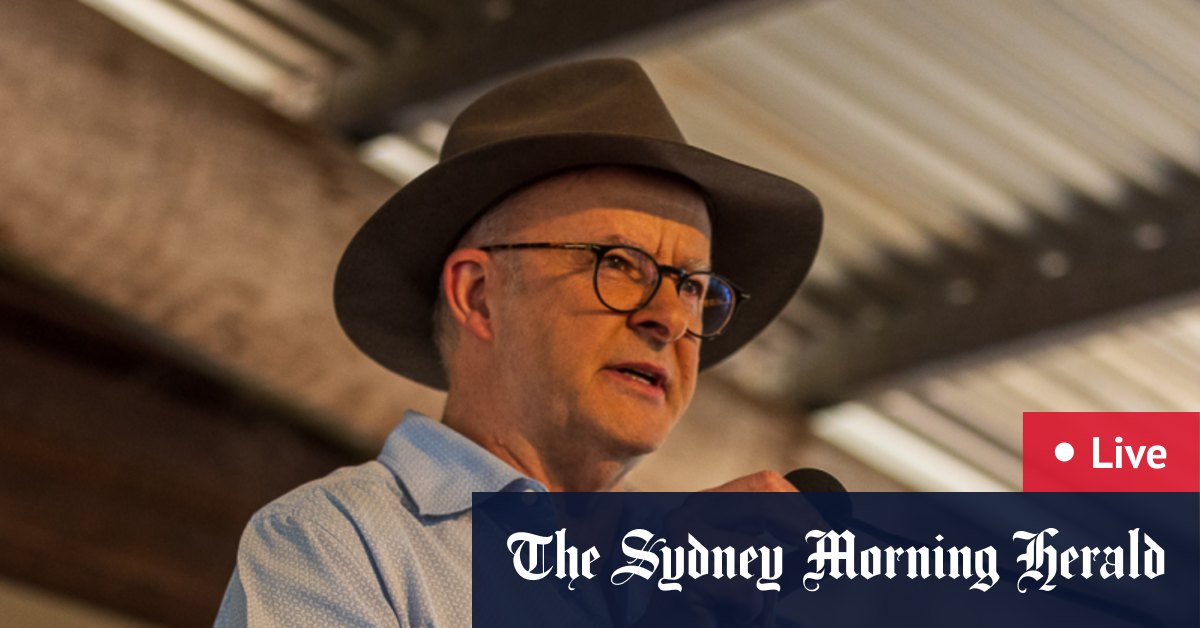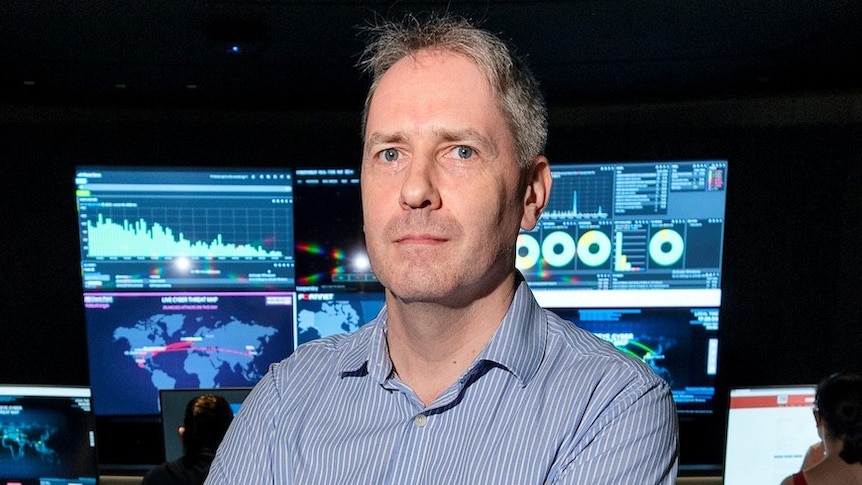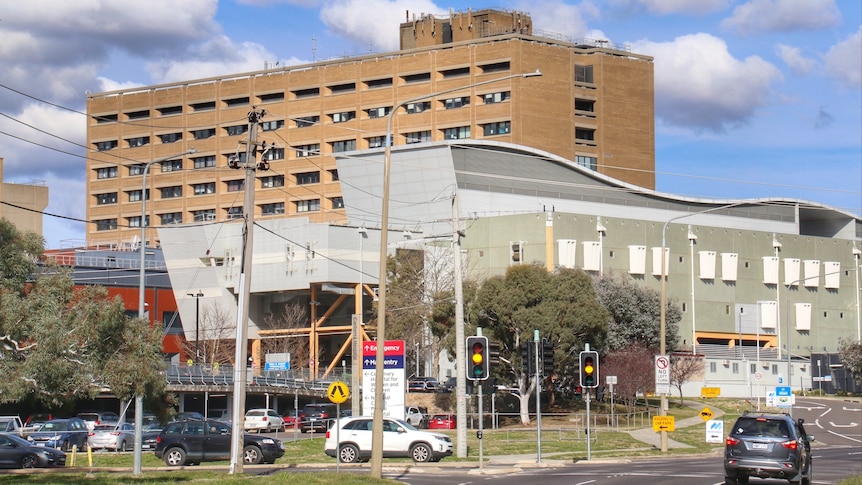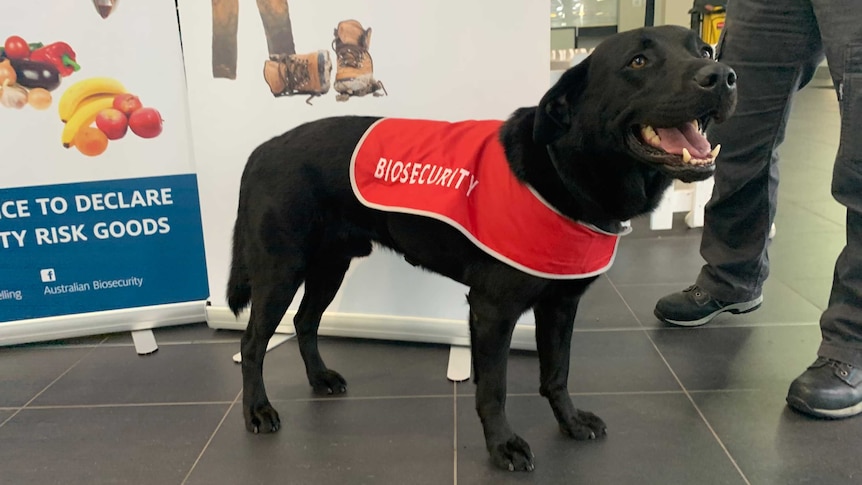“Confused” is how Tasmanian Greens leader Cassy O’Connor says she feels about the way the Tasmanian government is continuing to support development in the Tasmanian Wilderness World Heritage Area (TWWHA).
Key points:
- UNESCO has urged the Tasmanian government “to avoid any development” at the World Heritage Area before the “plan for a comprehensive cultural assessment is implemented”
- A Tasmanian Natural Resources and Environment Department spokeswoman said the Tasmanian and Australian governments had “received advice” the plan did not need to be implemented before developments take place
- Federal Environment Minister Tanya Plibersek did not comment on whether she had any concerns about the Tasmanian government’s continued support of the development
Since 2014, the state government has been encouraging tourism operators to put forward their proposals for development in national parks, which it says will help create regional jobs.
Some proposals are up and running, but others are proving contentious.
With developers behind a proposal for Lake Malbena trying again to win approval, and plans for huts in a remote corner of the south-west yet to reach the approvals phase, will UNESCO’s stance on development have any impact?
What is the situation with the TWWHA?
UNESCO, the United Nations body that oversees World Heritage areas, in July 2021 urged the government “to avoid any development at the [TWWHA] before the detailed plan for a comprehensive cultural assessment is implemented”.
In a statement to the ABC, a UNESCO World Heritage Center spokeswoman said “any further development” was to be understood as “major restoration or new constructions along with any project which may affect the outstanding universal value of the property”.
A Tasmanian Natural Resources and Environment Department spokeswoman said urgent clarification of this decision was previously sought because of “potential risks of the decision halting all development and maintenance projects in the TWWHA”.
The spokeswoman said UNESCO’s decision “failed to recognize that a detailed plan for a comprehensive cultural assessment of the TWWHA was in fact already being implemented at the time of the decision and will take a decade or more to fully implement”.
She said the Tasmanian and Australian governments had received advice from the World Heritage Center that the plan did not need to be implemented before developments took place in the TWWHA.
“This is an important clarification and acknowledges that the state government has made significant progress with … [the] plan and that putting all developments on hold until it is completed is unnecessary, subject to ongoing impact assessment processes being applied.”
Ms O’Connor said she was confused by the government’s response.
“UNESCO is really clear with the Tasmanian government — they don’t want to see new commercial developments and constructions in the World Heritage Area until this assessment is undertaken, and they certainly don’t want to see new developments that compromise those wilderness and cultural values of our beautiful TWWHA.”
The TWWHA, declared in 1982, covers about one-fifth of Tasmania’s landmass and includes the Cradle Mountain-Lake St Clair, Mole Creek Karst, Franklin-Gordon Wild Rivers, Mount Field, Hartz Mountains and South West national parks and several conservation areas.
The South Coast Track proposal
Tourism company Experience Co is continuing with plans for a guided walk on the South Coast Track, which would involve six walkers’ huts to be built along the 85km track from Melaleuca to Cockle Creek in the Southwest National Park.
It is an area with significant Aboriginal cultural heritage as well as its wilderness values.
No formal assessment process is underway yet, because the documentation required is still being prepared.
What is the relationship between UNESCO and governments?
UNESCO liaises with what it refers to as a “state party” in each country where there are World Heritage areas. The state party is the national government.
In Australia, while the federal government is the “state party”, state governments manage World Heritage areas.
“Essentially, the state governments … operate not completely under the radar, but they operate without having to deal directly with UNESCO,” Griffith University eco-tourism emeritus professor Ralf Buckley said.
“It’s very commonplace that state governments essentially bulldoze ahead with whatever they feel like doing and if they can get away with it, then they’re happy.”
Dr Buckley said while UNESCO did not have the power to control day-to-day management of parks, it did have the power to list World Heritage areas as “World Heritage in danger”.
“The Australian government would be concerned to avoid that, as they were in the case of the Great Barrier Reef, because that listing is very bad for tourism,” Dr Buckley said.
What power does the federal government have?
“The federal government under the constitution, as established by the Franklin Dam case … does have the legal power to prohibit any kind of development in a World Heritage Area,” Dr Buckley said.
He said the federal government could exercise this power again “if they felt it was a political winner for them, and that will depend very much on what kind of representation from different stakeholders are made to the recently-appointed Minister for Environment [Tanya Plibersek]”.
Ms Plibersek did not comment on whether she had any concerns about the Tasmanian government’s continued support of development in the TWWHA.
A federal Climate Change, Energy, the Environment and Water Department spokesman said:
“The Australian government’s expectation is that proposals for tourism in the Tasmanian Wilderness undergo rigorous assessment, under both state and commonwealth environmental law as necessary, and meet requirements described in Tasmania’s 2016 management plan for the World Heritage property.”
Who is the responsible Tasmanian minister?
With the departure of Jacquie Petrusma, Roger Jaensch has become Tasmania’s new Parks Minister.
It is a portfolio he previously held from January 2020 to May 2021.
Mr Jaensch is also Aboriginal Affairs Minister, something Ms O’Connor said could be a positive.
“We do need to be looking after our national parks and World Heritage Area in a way that makes Tasmanian Aboriginal people central to that story and to that management,” she said.
.
